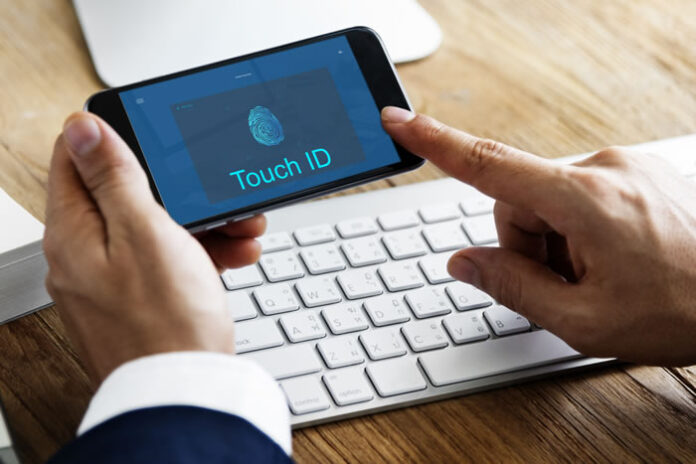Companies using biometric authentication have redefined expectations for digital customer experiences by delivering frictionless, contactless and highly secure transactions between people, data and systems.
Time for digital change
Consumers now expect a frictionless experience in their interactions with their favorite brands. What’s standing in the way of your brand delivering that type of experience? Identity verification that relies on physical documents, including driver’s licenses, social security cards and passports.
Physical IDs have outlasted their usefulness. In one form or another, they’ve been in use for thousands of years (documents necessary for safe passage—a “passport” of sorts—are mentioned in the Bible). They are cumbersome and can easily be falsified or stolen. Businesses can store physical copies of consumers’ private information with few security measures.
Relying on digital technology alone does not solve the frictionless customer experience challenge. The practice of logging in with a username and password to various online accounts is inconvenient and unsafe; passwords are forgotten, require constant updating and are easily stolen.
These proxy mechanisms for ID verification are not dependable.
Our physical attributes are the most immutable and accurate way of identifying who we are—notwithstanding dystopian sci-fi scenarios. These attributes, when integrated with AI and machine learning technology, are also the key to providing your customer with a stellar, frictionless experience with your brand.
Below are examples of how biometric authentic verification is transforming the customer experience in three industries: financial services, hospitality and gaming.
Financial services
The fintech industry is leading the way when it comes to fostering frictionless customer experiences through the use of biometrics. Fintechs that operate purely in the digital landscape want to seamlessly onboard as many people as possible in the shortest amount of time, while ensuring the security of their customers’ financial information.
Biometric authentication enables quick entry into the fintech’s system. Onboarding is immediate using this technology, saving customers time and effort over legacy approaches, which require customers to physically bring their driver’s license or social security card to be verified and copied during an in-person appointment at the bank.
In-person bank transactions can also be slow and inconvenient. The process leaves customers vulnerable as a fraudster can duplicate a card and utilize the PINs. When transactions are accomplished via biometrics, customers’ financial information is protected.
Expect to see more instances where the physical experience is empowered by digital tools, such as a bank kiosk at an airport that can immediately verify your identity through biometric authentic verification, without requiring you to insert a bankcard or PIN number.
Hospitality
Creating a contactless customer experience will be a key differentiator for hotels. Biometric authentication can play a large role in fostering that experience.
For example, several hotels today use biometrics to help secure transcendent, frictionless hotel stays for their discerning clientele.
Biometrics enable contactless check-ins and check-outs; guests can be instantly registered, and their identity verified as they walk through the front door of the hotel. Attaching customer preferences to the stored ID can help create personalized experiences for hotel guests, such as the type of room preferred. With a digital ID on file, hotel guests can avoid having to verify their identity or pull out a credit card for each activity, whether it’s having a cocktail poolside or purchasing a sandwich in the coffee shop.
Gaming
U.S. casinos require physical identification for guest entry, jackpot collection and the purchase of alcoholic beverages. Biometric verification simplifies and improves the accuracy of the age verification process.
As technology has advanced, fake physical IDs have become more difficult to detect. Using biometric verification, the managers of gaming ventures—virtual or in-person—can avoid run-ins with law enforcement and gaming commissions by ensuring that a fake ID is not accepted, and all players are 18 years of age or older. All attempts to use fake IDs are instantly and efficiently detected. Digital IDs also leverage a database of individuals barred from venues that is updated in real time, keeping the venue’s security intact.
Moving forward, the businesses that can provide customers with the best experience, both digital and physical, will emerge as the market leaders in their industry. Digital IDs, powered by machine learning and AI, are critical to delivering on that promise.















